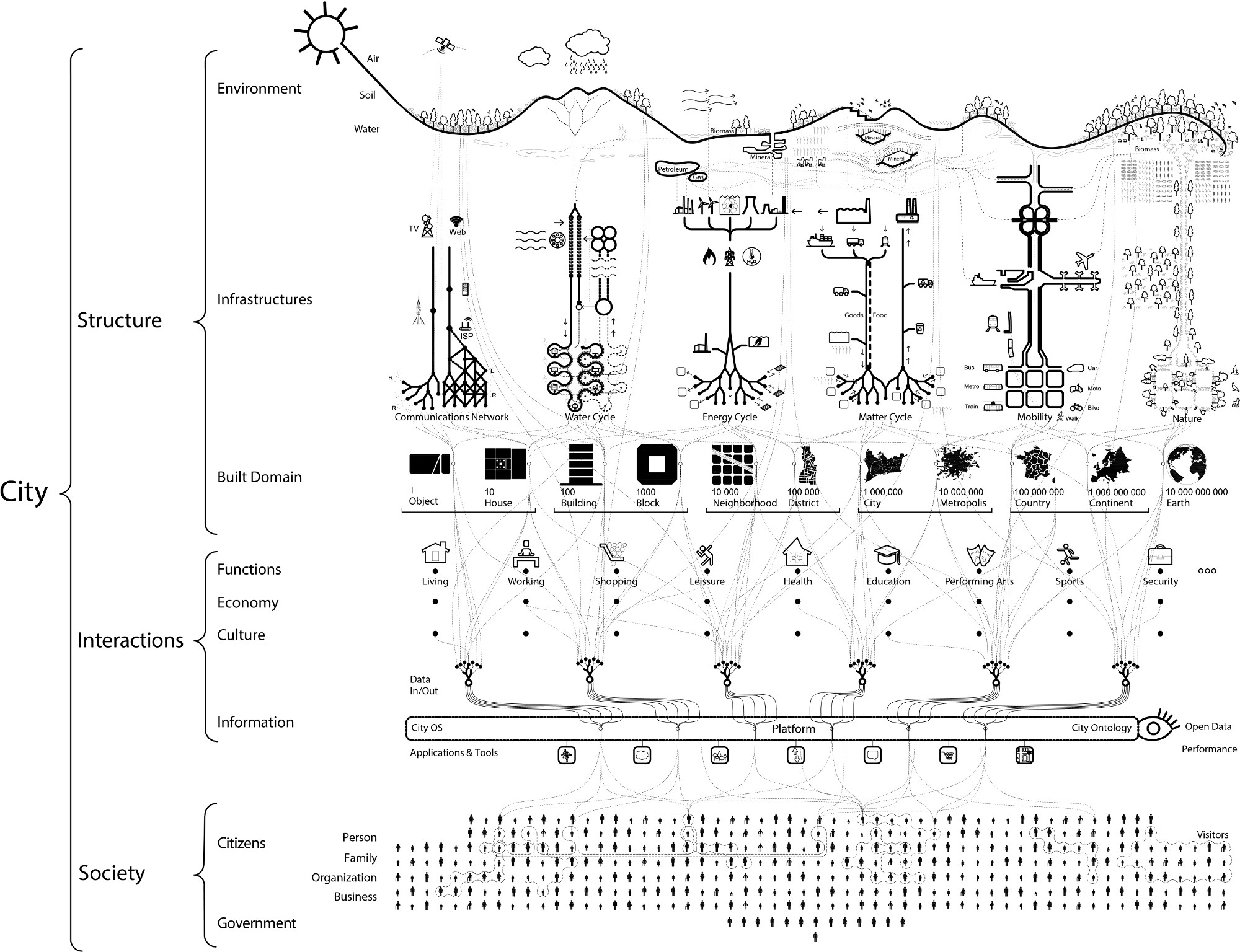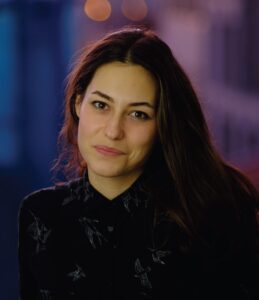
20 Feb URBAN ECOLOGY: SUSTAINABILITY AND THE CITY
With the growth expectations of global urban population in the coming years and taking into account that cities contribute 70% of the world’s CO2 emissions, rethinking the city for a better environmental performance is now a priority in the global agenda. World society has grown in cities, urban life is supposed to represent amplitude of opportunities for its inhabitants yet most have not evolved to respond to the demands of life in community. As cities continue to grow, new questions arise: how can the city of the XXI century become sustainable?
What are the conditions that will enable the development of cities for the future? What business models, behaviour and community interactions are going to emerge in the future?
The XXI century moves at a different pace, with a growing digital layer.
The digital dependancy is proportional to its ecological damage.
We will explore the tensions and opportunities between cities, urban organisms that have been developing at a slow pace for centuries, and the fast paced hyper connected digital world.
#N/A
RUXANDRA IANCU
Ruxandra Iancu Bratosin is a spatial designer and computational researcher, as well as a professor in the Bachelor in Design at IE University. She is a co-founder of 50(Super(Real)), a studio focused on multiscalar
spatial strategies, driven by the harmonious marriage of human values with technological innovation.

Skills
After the course the students will be able to understand and identify opportunities of growth, improvement and change at an urban level. Students will tackle the topics of sustainability, circular economy, up-cycling and self-sufficiency, all in relation with the social and cultural parameters that influence the metabolism of a city.
The course consisted of a series of lectures will familiarise the students with the following topics:
• history of the growth of cities
• food and its production
• water
• mobility and its history
• technology and digital ecological footprints
• energy
• waste
• circular economy
The course aims to provide the students with a general knowledge of the systems, terminology and history that are necessary in order to make sustainable decisions at a large scale.
Schedule
Which dates?
January 23, 2024×2
30-jan
06-feb
13-feb
20-feb
–
What day?
TUESDAY
What time?
17,30-19,00 (17,30-20,30)
